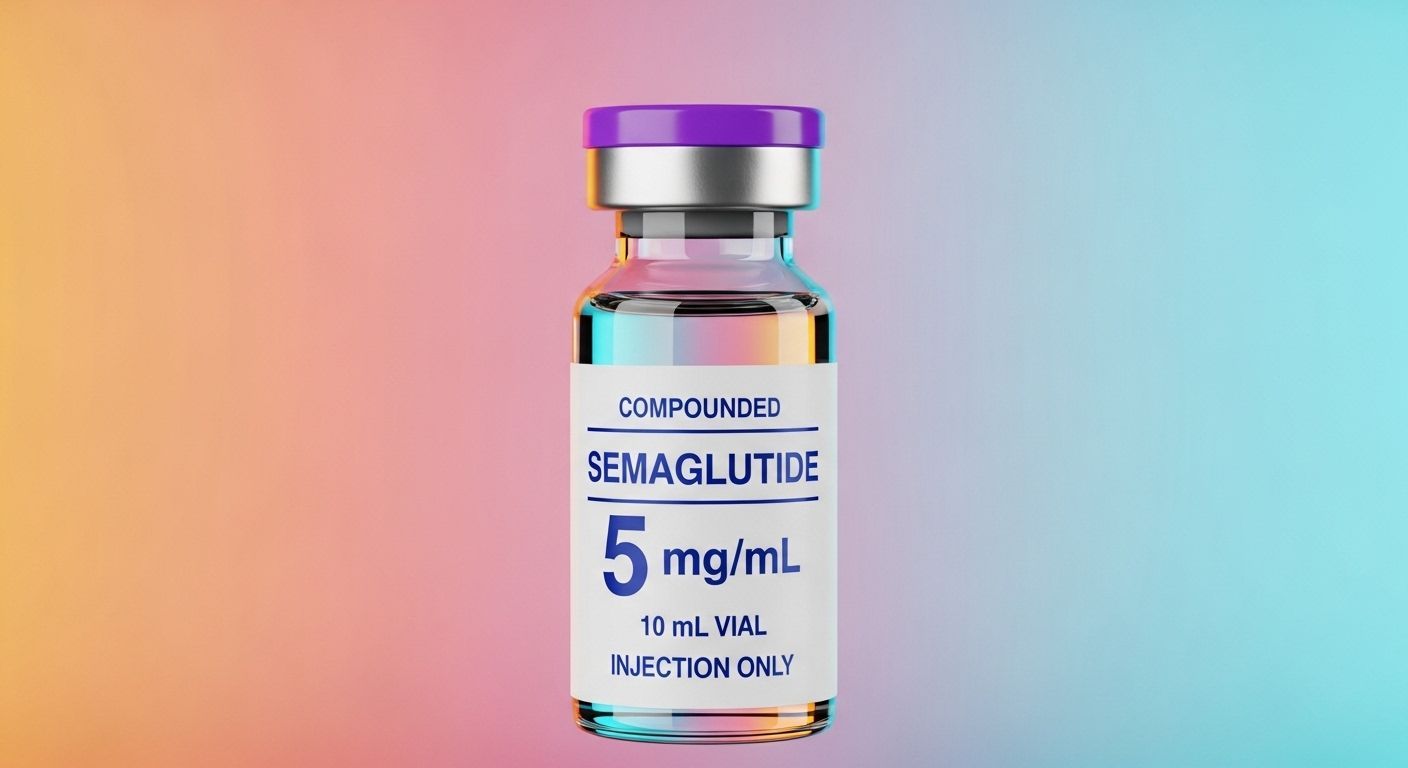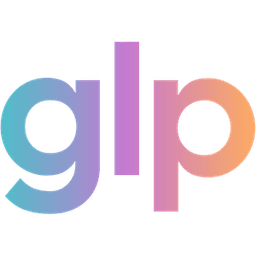FDA: Compounded GLP‑1 Drugs Show Similar Adverse Events as Name‑Brand Medications
Date Published
- Twitter
- Facebook
- LinkedIn
- Instagram
- Copy Link

The Food and Drug Administration (FDA) has released new data on adverse events related to compounded GLP‑1 medications, such as semaglutide and tirzepatide, which are commonly prescribed for diabetes and weight management. According to the agency, “many of the adverse events reported for compounded versions appear to be consistent with adverse events for the FDA‑approved products.”
Although the FDA does not directly approve compounded GLP‑1s, these medications have been used during periods of drug shortages and often appeal to patients because of lower out-of-pocket costs. Compounding pharmacies may also customize medication for patients when FDA approved medication doesn’t work. The agency acknowledged this while also reiterating its recommendation that patients only obtain compounded medications through licensed state-regulated pharmacies and with a prescription from a healthcare provider.
Despite these caveats, the FDA reported that adverse event rates appear to be low: less than 1,000 reports as of April 30 of this year, or around 0.00125% of the over 80 million reported prescriptions in the last year. Those numbers, the agency stated, “appear to be consistent with adverse events related to the FDA-approved versions of these products.”
The FDA warned about counterfeit Ozempic and counterfeit compounded medication. Counterfeit compounded medication may include medication that looks like it’s from a compounding pharmacy but isn’t from a licensed pharmacy. It may also include medication that looks like it’s from a licensed pharmacy but wasn’t actually produced there.
They reiterated that retatutride and cagrilintide cannot be used in compounding. The FDA issued warnings to companies illegally selling unapproved drugs containing semaglutide, tirzepatide, or retatrutide that are falsely labeled as “for research purposes” or “not for human consumption.” These products are being marketed directly to consumers for human use, complete with dosing instructions. The agency cautioned against purchasing these products, as their quality is unknown and they may pose health risks.
In recent days, financial markets reacted sharply to the implications, with Danish pharmaceutical giant Novo Nordisk seeing its stock drop by 20% after reducing growth guidance, citing the impact of compounded medications on its semaglutide franchise (Ozempic and Wegovy). Eli Lilly, which markets competing GLP‑1 therapies, also saw its stock decline amid concerns over future guidance.
Industry analysts suggest the FDA data could have long-term implications for access and affordability of GLP‑1 therapies. While Novo Nordisk has pledged to pursue litigation to limit compounded versions, the latest data may embolden patients and prescribers to consider compounded alternatives when brand-name supply is limited or cost is prohibitive. The evolving regulatory and legal landscape is expected to play a significant role in shaping how these widely sought medications are distributed in the future.


